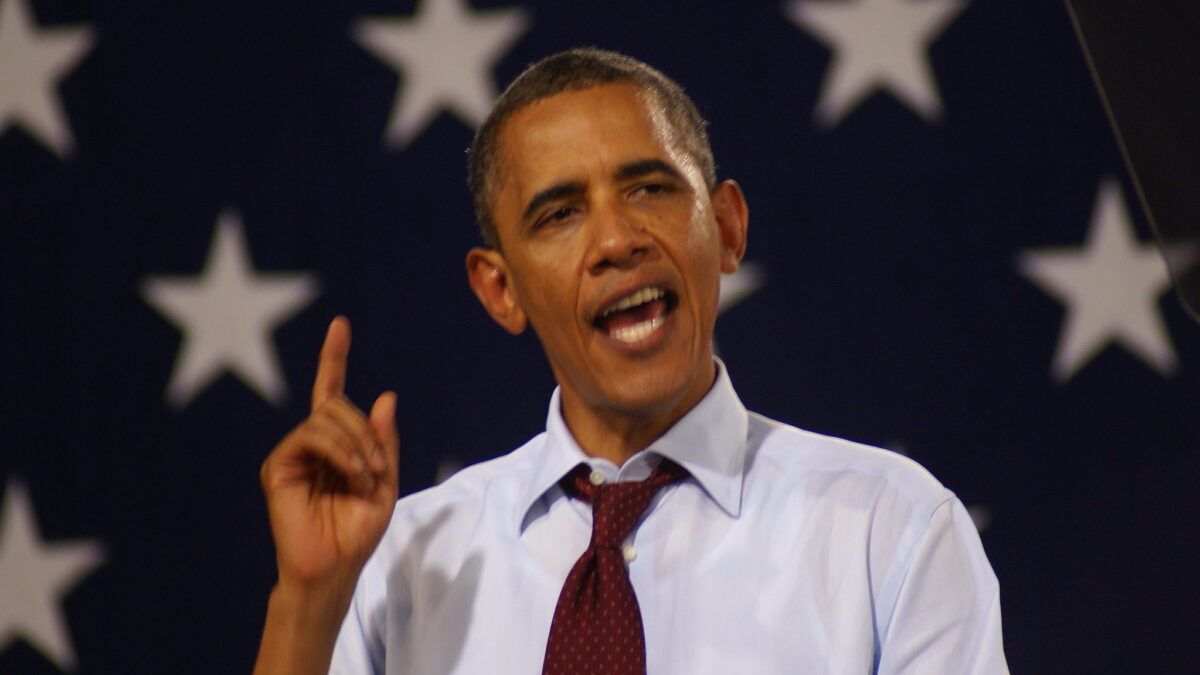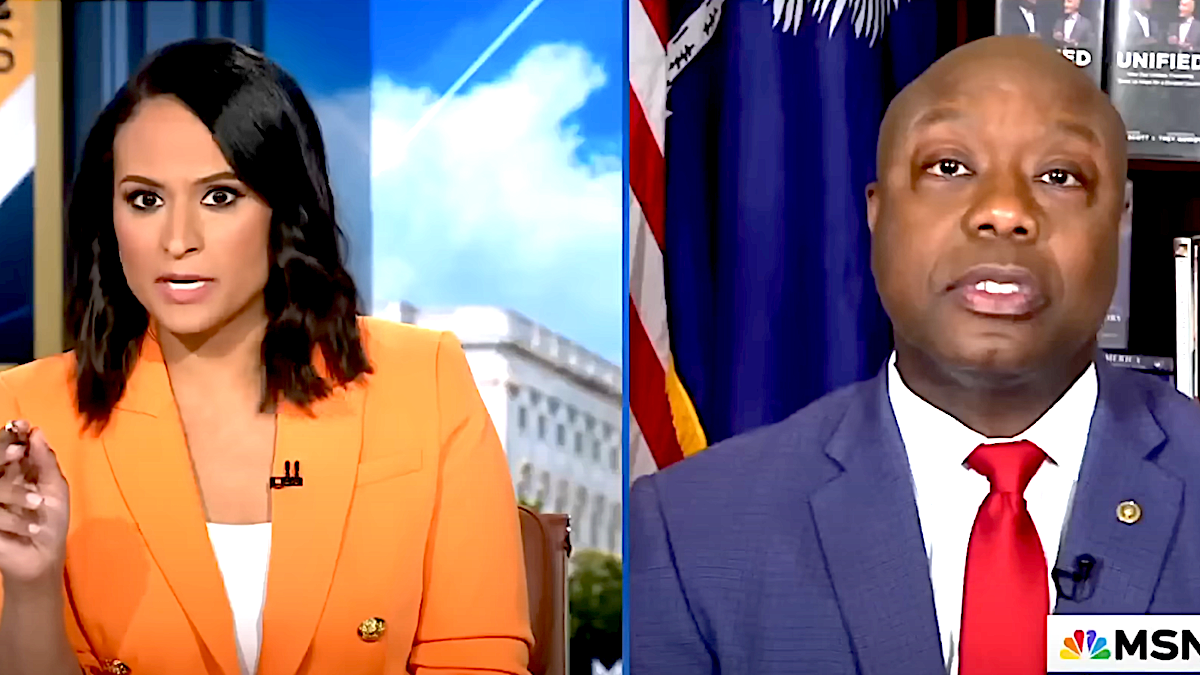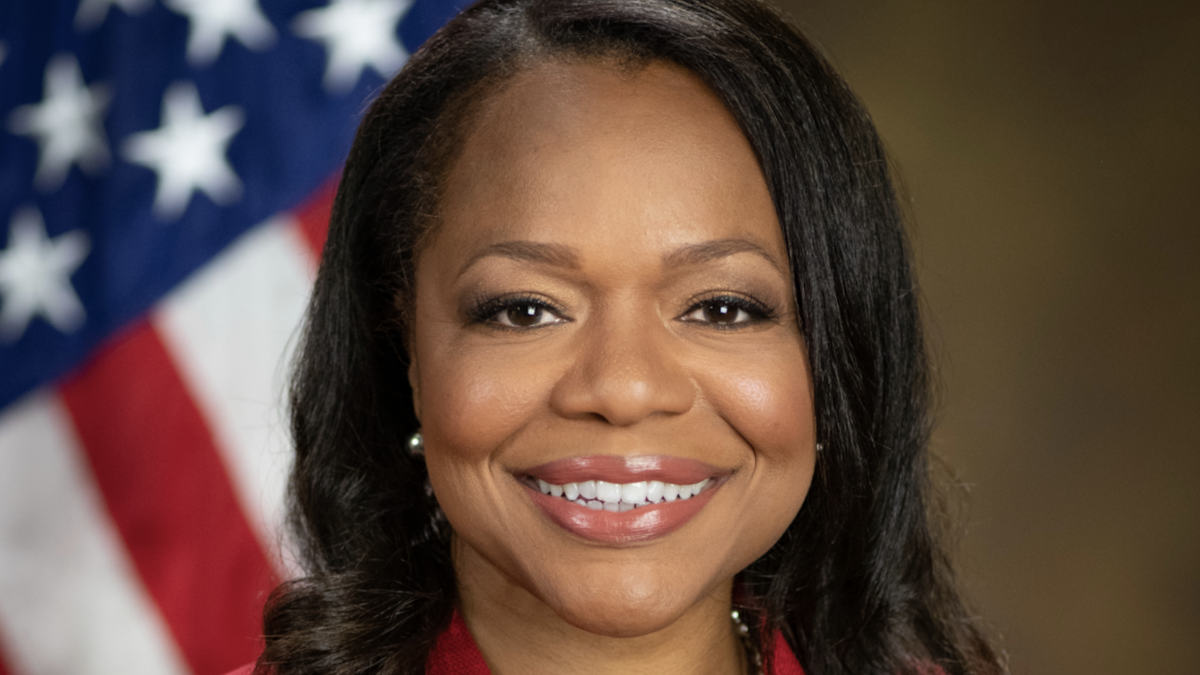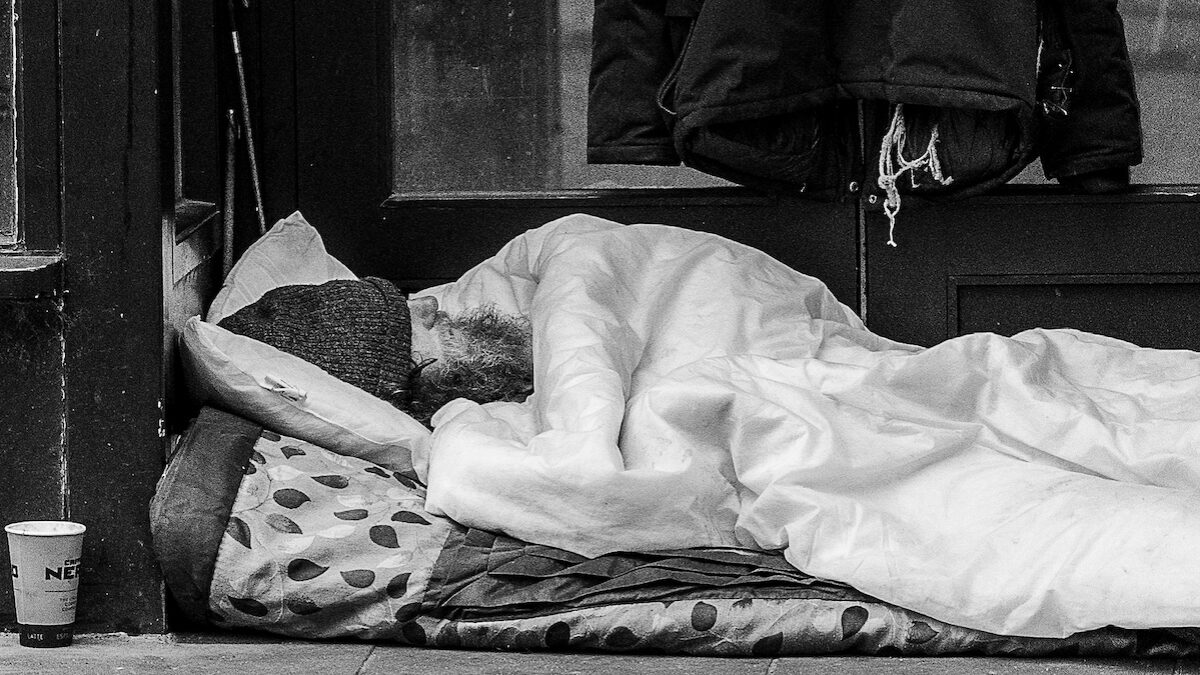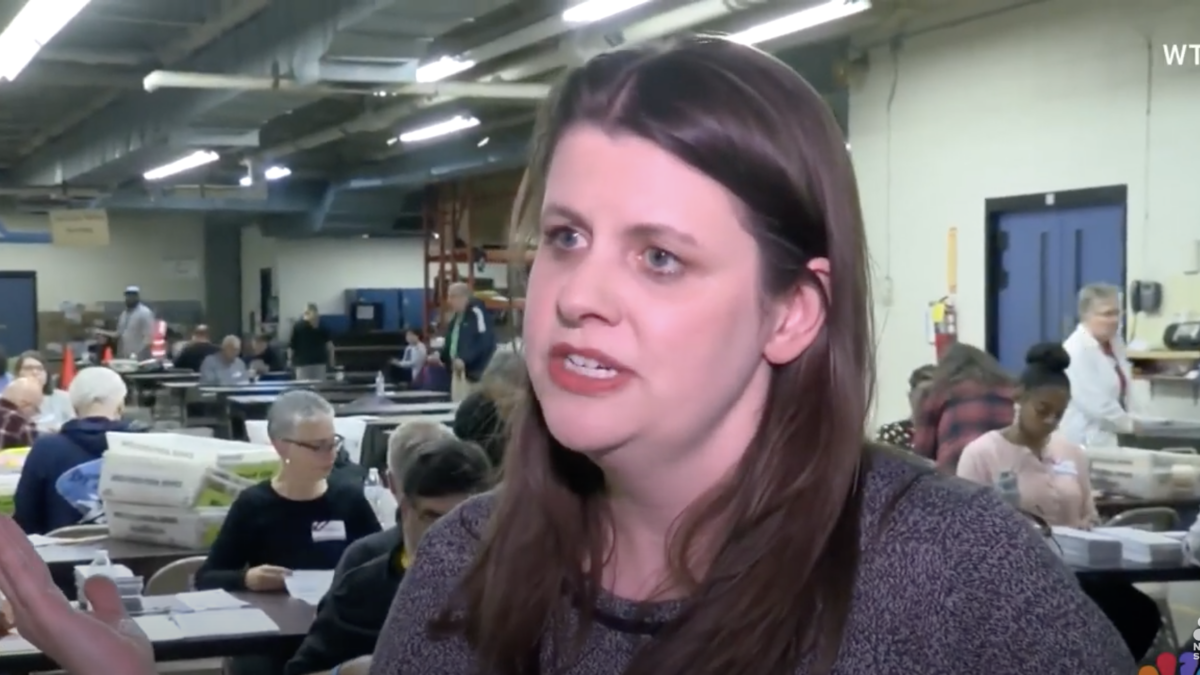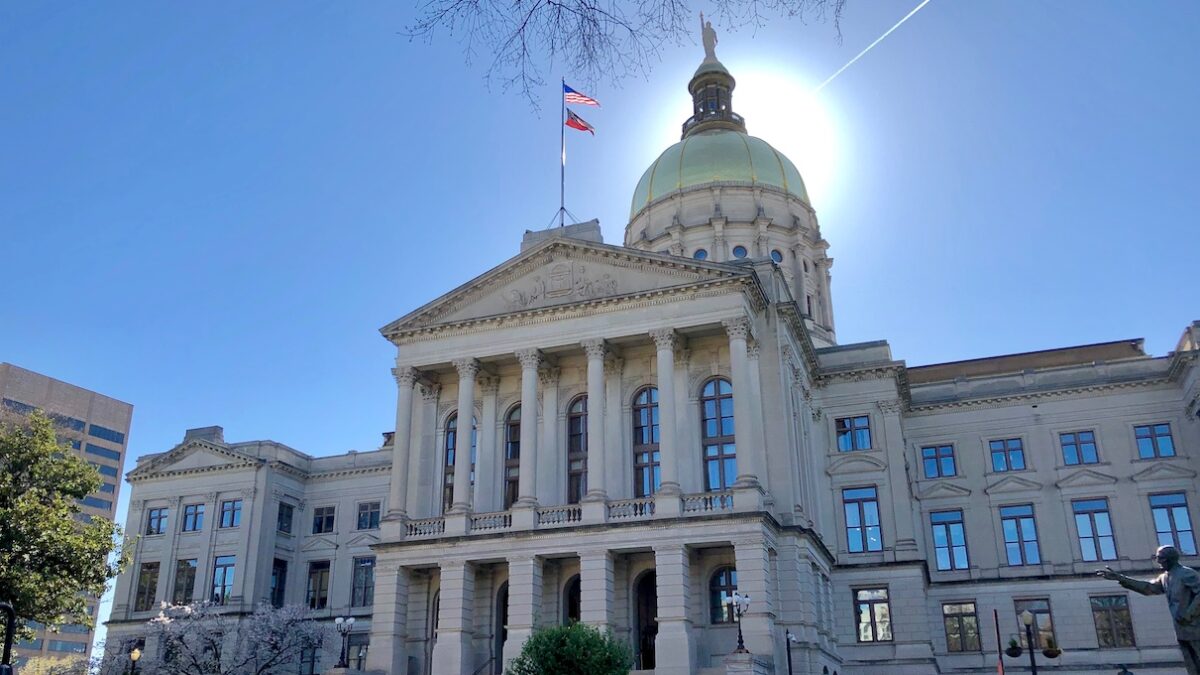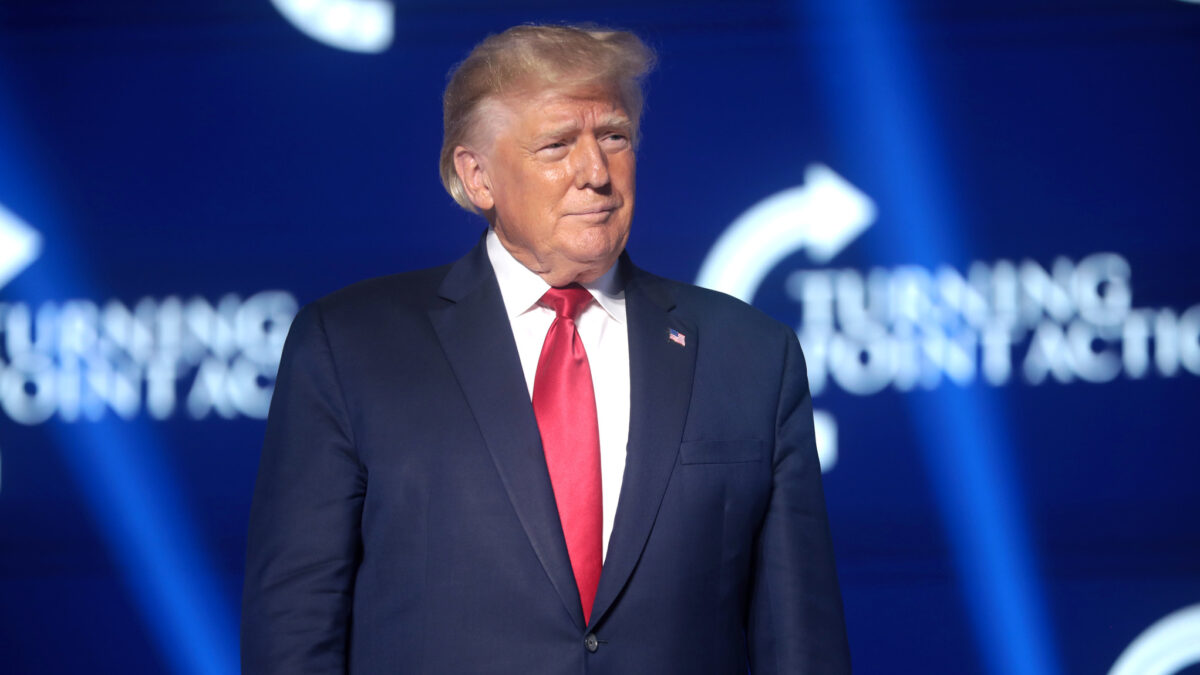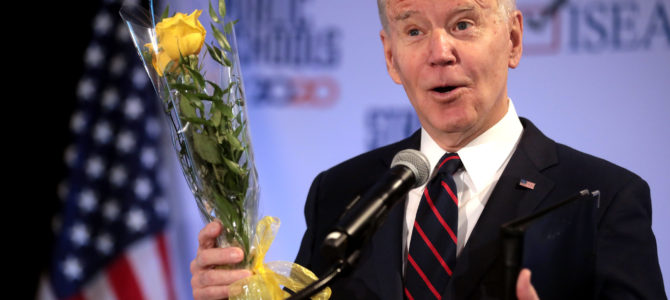
Sunday marks 100 days until the 2020 election. That might come as a surprise to some Americans, who are so used to being neck-deep in conventions, speeches and rallies by now, without them they’d forgotten how close we were. The Republican convention is now cancelled, and for the past few months Joe Biden has barely been seen outside his home, dodging questions from even his sympathetic press pool.
The former vice president ran his primary campaign as a moderate. He refused to go along with the more radical proposals of his opponents, instead relying on his old centrist reputation and key endorsements to harness the black working-class voters he plans to combine with the white workers who sent Donald Trump to the White House.
Since then in his work to unite the modern Democratic Party, his direction has shifted hard to the left, earning praise from proud socialist Bernie Sander, who reiterated Wednesday, “The reason … I think Biden has a chance to be the most progressive president since FDR is that is exactly what Joe Biden said to me.”
Still, just last week The New York Times’ David Brooks predicted day one of a Biden presidency would bring soothing quiet and an end to the divisive class hate his friends and colleagues have hurled down on powerless Americans for years. Joe, he assures the people who read David Brooks, will govern with “radical centrism” informed by his working-class sensibility. Pay no mind to the hard-left class-war argued by the advisers who are writing his policies and, given his rapid cognitive decline, will soon be helping him dress in the morning.
So who is more right, Bernie Sanders or David Brooks? Let’s see what Joe Biden says.
President Biden, Day One
“Day 1 of the Biden administration is going to be very busy!” his campaign site declares. And with a team of professional Democrats and veteran operatives at his side, this should be taken seriously. He’ll be far better situated, for example, than Trump was on his first day to accomplish a lot of what he plans.
So what does he plan? While there’s no official list just yet, in campaign events, interviews, and releases over the past year, Biden has teased it out for us. Thus far, his proposals run the gamut from international organizations to international treaties, from harsher regulations to reclaiming federal land from American workers, and from legal to illegal immigration. What’s missing — completely and utterly — from his plan is a single thing that helps the American working class he’s counting on to win.
Shortly after President Trump withdrew the United States from the World Health Organization for corrupt subservience to China’s communist dictator, its active dampening of Taiwanese coronavirus warnings, and its repeat and systemic failings, Biden promised to rejoin on day one of his presidency.
“Americans are safer when America is engaged in strengthening global health,” he wrote on Twitter. “On my first day as president, I will rejoin the WHO and restore our leadership on the world stage.”
It was second promise Biden had made to other world leaders, after last fall’s debate-stage promise to redo the Paris Climate Accord Trump withdrew from in June 2017. “The first thing I would do as president of the United States,” he pledged during CNN’s seven-hour climate change town hall, “is to call a meeting of all the nations who signed on to the accord in Washington, D.C., to up the ante. Because we have learned so much just in the past three years of the science, of what has to happen quicker. And the world knows it.”
The 5-7 p.m. town hall finished dead last in cable news ratings, averaging 600,000 viewers behind MSNBC and 1.4 million viewers behind Fox News. Ratings weren’t the point, Deadline Hollywood argued in CNN’s defense: left-wing activism was the point.
Hobbling American industry is just the beginning of President Biden’s “very busy!” first day in the Oval. “To immediately make progress on his climate agenda,” his campaign site reads,
Biden will take actions including requiring aggressive methane pollution limits for new and existing oil and gas operations; developing rigorous new fuel economy standards aimed at ensuring 100 percent of new sales for light- and medium-duty vehicles will be zero emissions and annual improvements for heavy duty vehicles…”
He doesn’t stop there. Next up, he plans to re-institute the ANWR Arctic National Wildlife Refuge, ending energy exploration in the largely uninhabited north of the country — energy exploration long sought by Alaska. Next, he plans to ban all “new oil and gas leasing on public lands and waters.” Woe to the American workers and companies in an industry already hard-hit by the coronavirus depression.
After this, Biden gets the rest of the people on his to-do list. Not the American people, though: His focus is on the citizens of Asia, Africa, the Middle East and Latin America.
On Monday, Biden pledged to “end the ‘Muslim ban’ on day one– day one,” referring to the administration’s extra scrutiny on immigration from countries with high rates of anti-Western terrorism or that are run by anti-American dictators, specifically Iraq, Iran, Sudan, Yemen, Libya, Nigeria, Somalia, Eritrea, Kyrgyzstan, Myanmar, Tanzania and North Korea. Restrictions were also put in place on visits by Venezuelan government officials or their families.
The pledge followed his promise two months earlier to begin legalizing illegal immigrants to the United States, which he estimated at 11 million people, plus their children. “Number one, on day one, I’m sending, no matter what the state of this is, to the United States Congress a bill to provide for a path to citizenship for 11 million undocumented people, number one, in the United States,” he told MSNBC. “Number two, every DACA student will be able to stay.”
A “very busy!” day indeed. Of course, his promises to the citizens of Guatemala, Honduras, Mexico, El Salvador, and the rest of the world stand in stark contrast to what he plans to accomplish for the American worker on Day One, which is absolutely nothing.
For years Biden was a centrist voice in a Democratic Party drifting further leftward each day. Some hoped his nomination would mark a turn for the party more than a turn for the candidate. Just more than 100 days from the election, those hopes are dashed. American working-class voters should take stock of the man asking for their support and ask themselves if he’s still their man at all. On day one, they’ll get their answer.


